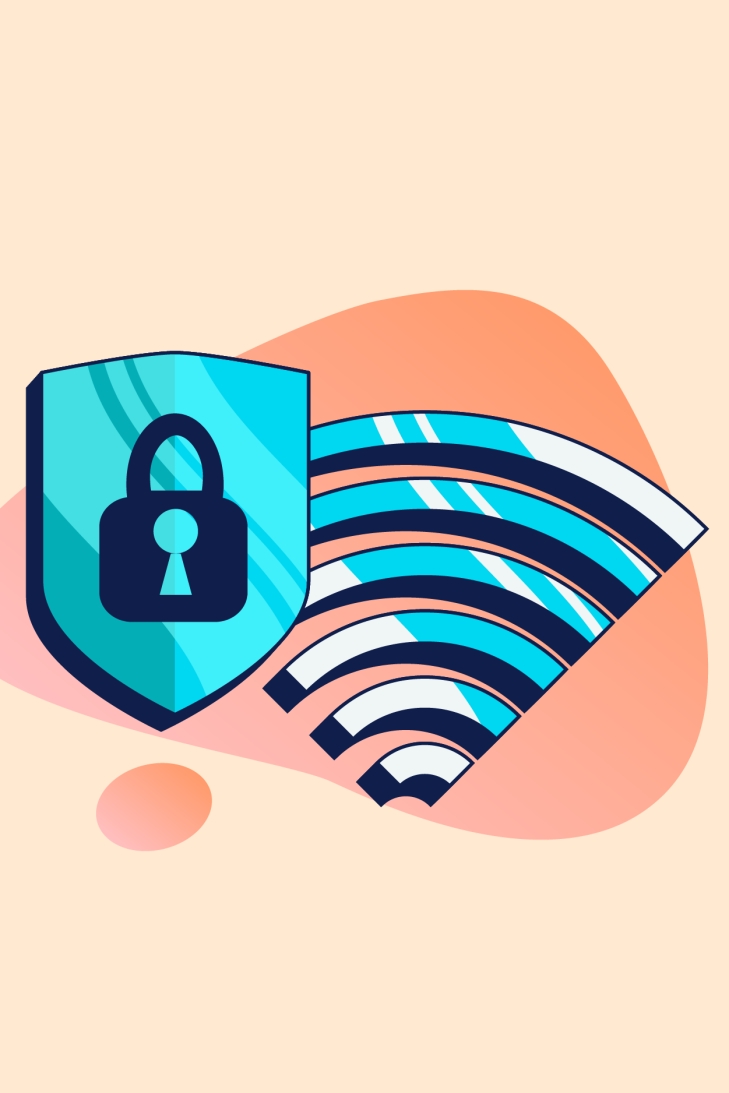- Published in From the Desk of the Chairman
Top Ways to Stay Safe on the Internet
Staying safe online is becoming more and more challenging as days pass by. Even with security measures in place, cybercriminals are becoming more creative with their approaches. Millions, if not billions, of people are already on the web, so the online world is a paradise for cybercriminals. It’s true that if you’re not well-informed about the potential risks you can encounter online, you can easily fall prey to many cyber threats out there.
We don’t want that for you, so we’ve prepared a list of internet safety tips to help you explore the online world safely, regardless of whether you have the most reliable internet providers or the best internet plans. Let’s begin!
Common Cyber Security Threats
Before you can avoid something, you need to know what to avoid. You’ve probably heard of most of these potential risks online, but sometimes, when we get too complacent, we tend to forget the threats lurking around us. Here are common cyber security threats you need to look out for:
- Phishing attack
- Malware attack
- Password attack
- Trojan Horses
- DNS Spoofing
- DoS and DDoS Attack
- Ransomware
You have to know that most reliable internet providers already put security features in place, but they’re usually not enough to protect you from these attacks. So it’s essential to have additional protection like VPNs, anti-malware software, and others.
4 Best Ways to Stay Safe on the Internet
If you’re always doing some sort of online activity, you always have to keep your guard up to protect yourself from cyber threats, especially if you’re handling sensitive information or conducting financial transactions online. Here are four essential ways to stay safe on the internet:
- Create Super Strong Passwords
This might seem basic, but your passwords are your first line of defense against cyber criminals. Just like what they suggest whenever you’re creating a password, it must be unique and it must contain random words, numbers, and characters that don’t have your information, such as your name and birthdate. Of course, the longer, the better, but make sure you can remember it or write it down so you won’t forget. Otherwise, you’ll see yourself changing your passwords all the time.
- Choose a Reputable Internet Provider
It's essential to consider that your internet provider might have access to your browsing history and online activities. While reputable wireless providers prioritize customer privacy and adhere to strict data protection policies, it's essential to recognize that they have the capability to monitor your internet usage to some extent.
This confidential data can be sold or used for specific purposes, such as targeted advertising or analytics. The worst part is, that some of them do this without you knowing. So, make sure to review your internet provider's privacy policies and opt-out options for data collection practices.
- Avoid Oversharing Online
Sharing milestones, vacations, and other information online can be fun, but it can be used by cybercriminals against you. That’s why you should always be wary of sharing any information online, whether it’s where you plan to go for your upcoming vacation or details about your daily routine.
Oversharing online can provide cybercriminals with valuable information that they can use to target you for scams, identity theft, or other malicious activities. Remember that once something is posted online, it can be difficult to remove or control who has access to it. Think twice before sharing sensitive details about your location, schedule, or personal life.
- Be Skeptical of Unsolicited Messages or Calls
Be cautious when receiving unsolicited emails, text messages, or phone calls, especially if they request sensitive information or prompt you to click on links or download attachments. Most of these scammers introduce themselves as individuals from the government or your bank, so you can feel the sense of urgency. However, you must always verify the legitimacy of the sender or caller before taking any action and never provide personal information unless you're sure of the recipient's identity.
Final Thoughts
No matter how well-versed you are in the online world, you will still need to practice these safety tips to prevent yourself from being a victim of these cybercriminals. Remember that they’re becoming more and more creative and realistic with their approaches. Don’t make any actions that will make you a target of cybercrime. Stay informed and stay safe!

